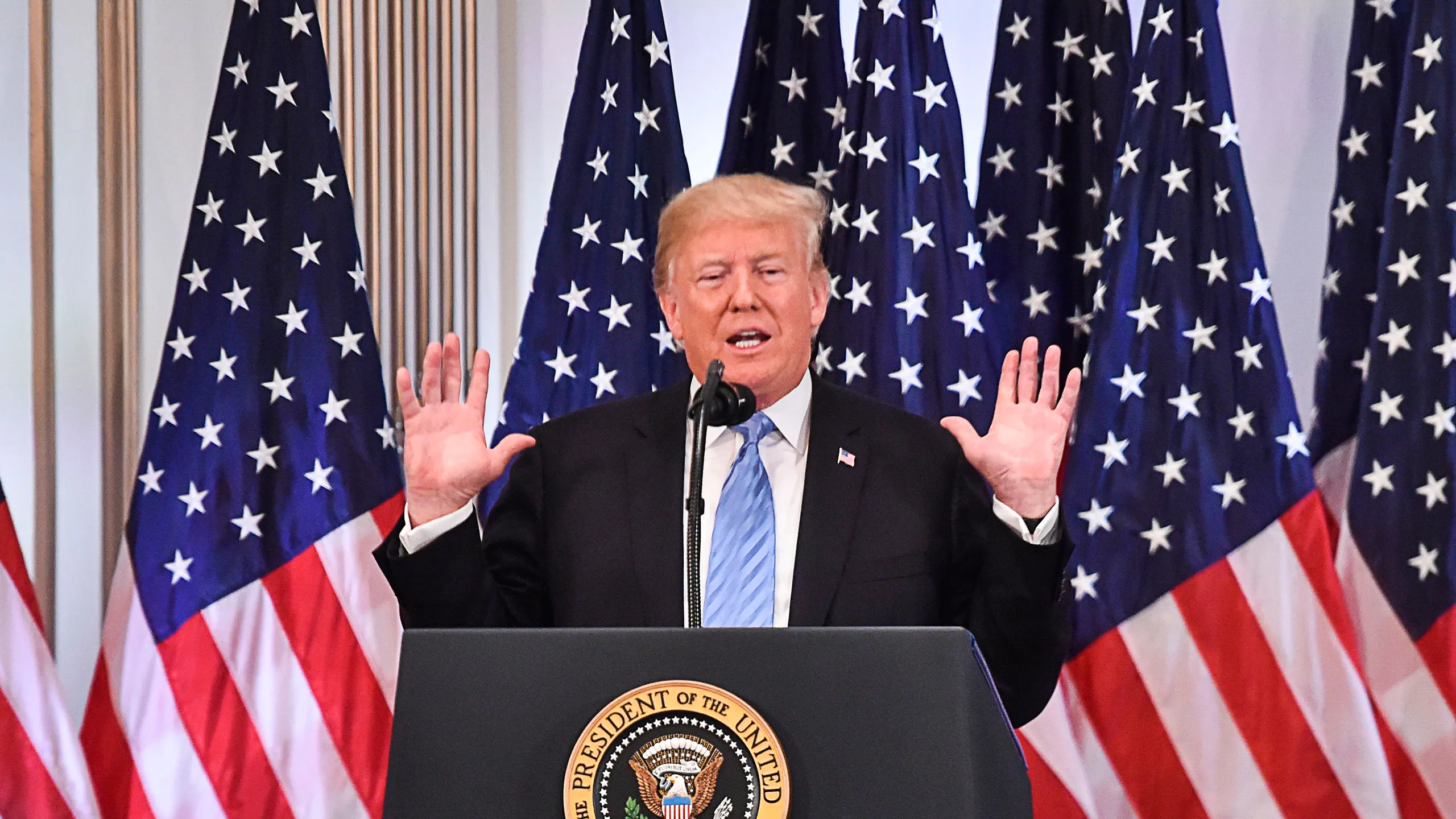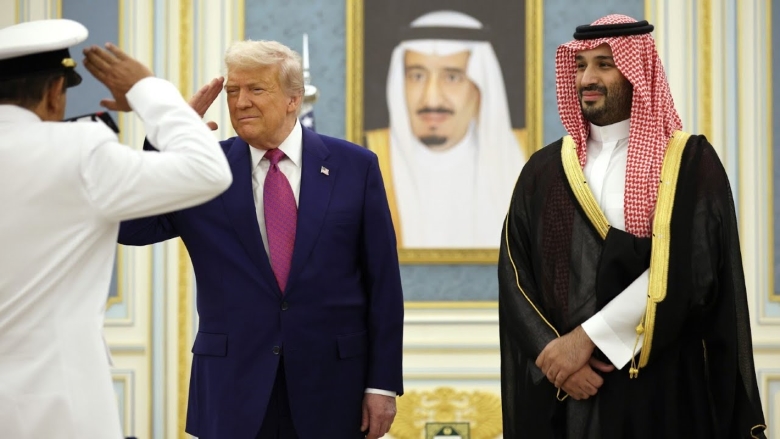Agreement Details
On May 12, 2025, the US and China announced a 90-day tariff reduction agreement after talks in Geneva, effective May 14, 2025 (BBC). US tariffs on Chinese imports will drop from 145% to 30%, and Chinese tariffs on US goods will fall from 125% to 10% (ABC News). The deal aims to de-escalate a trade war sparked by Trump’s “Liberation Day” tariffs in April 2025 (Bloomberg).
Context and Significance
The agreement follows months of escalating tariffs that disrupted supply chains and raised recession fears (CNBC). China’s commitment to address fentanyl trade issues is a key US priority (BBC). The 90-day pause allows negotiations on deeper issues like intellectual property and technology transfers (Newsweek).
Market and Economic Impact
Global markets rallied, with US stock futures rising after the announcement (Reuters). The deal eases costs for businesses and consumers, but ships carrying goods under high tariffs are still arriving, delaying price relief (BBC).
Challenges and Future Outlook
Long-term resolution remains uncertain due to unresolved issues like intellectual property theft and market access (CNBC). Analysts warn that the 90-day here period may not suffice for a comprehensive deal, risking renewed tensions (Bloomberg).
| Aspect | Details |
|---|---|
| Duration | 90 days, starting May 14, 2025 |
| US Tariff Reduction | From 145% to 30% |
| China Tariff Reduction | From 125% to 10% |
| Key Issues | Intellectual property, fentanyl trade |
| Market Impact | Rising stock futures, temporary relief |





